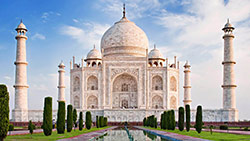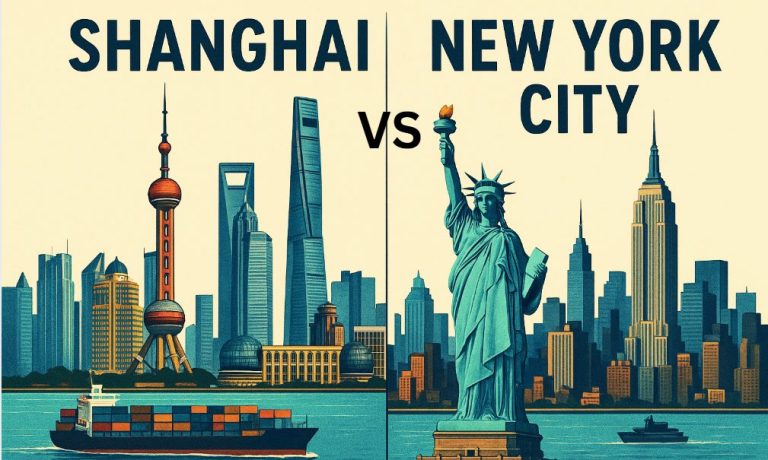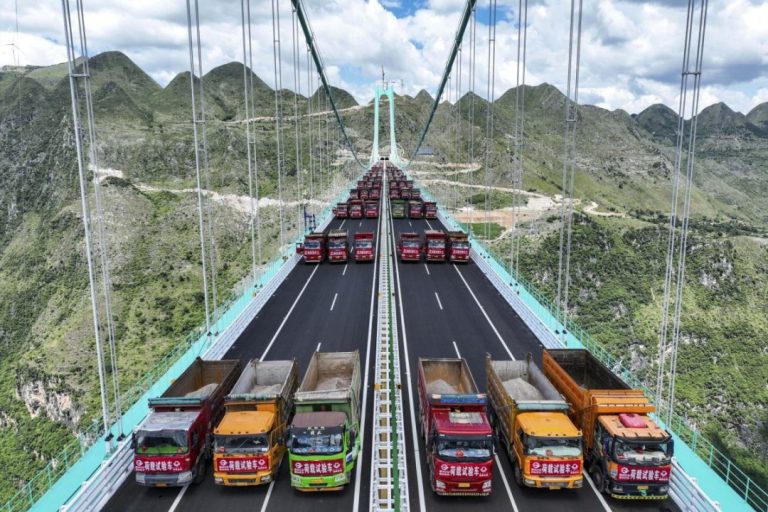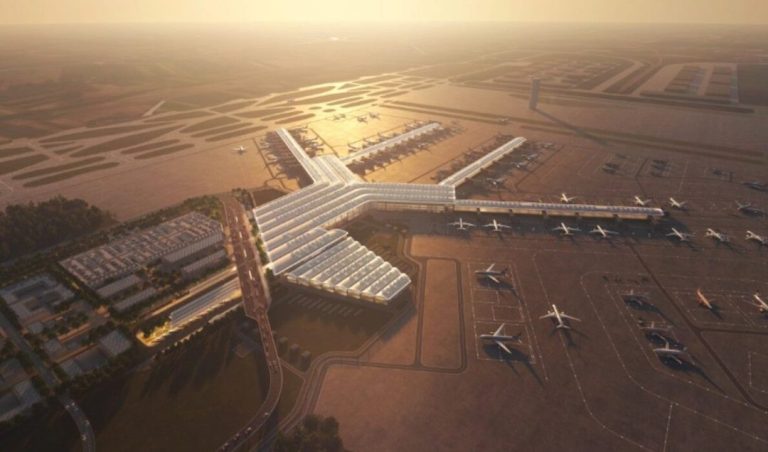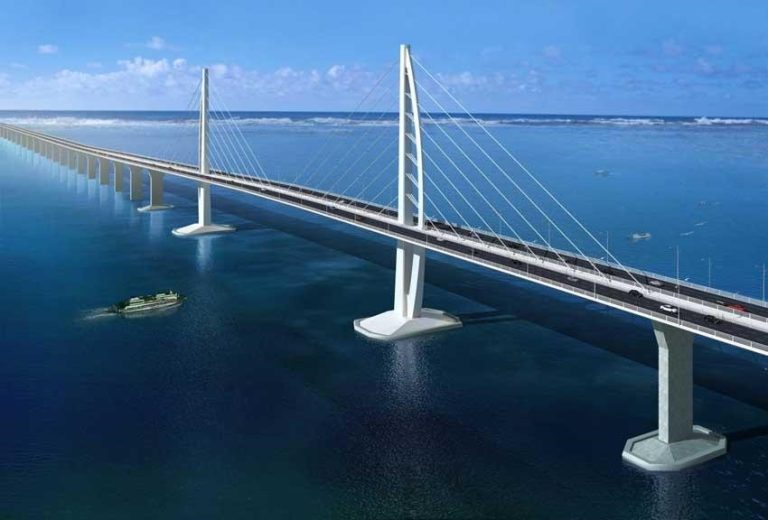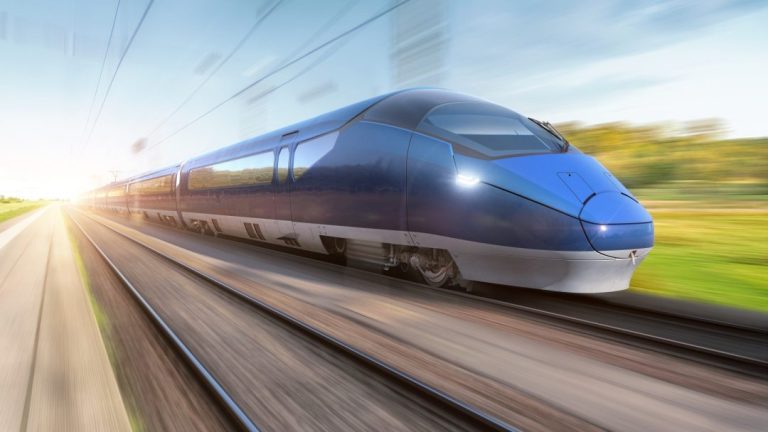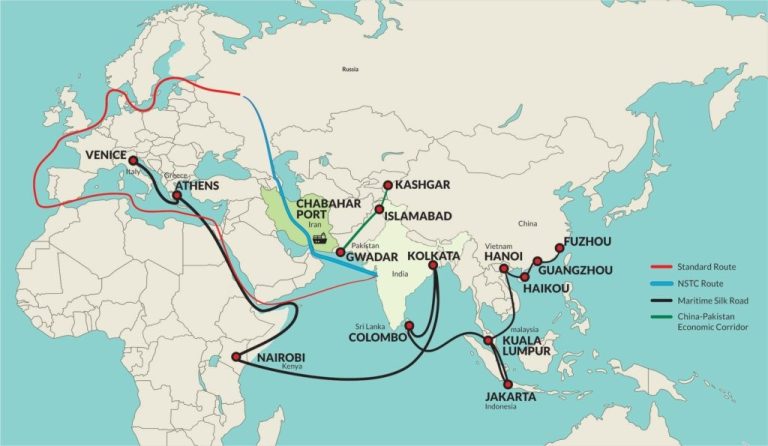Duqm port of Oman aims to establish itself as a strategically vital maritime hub operating on an international scale. Located in the Indian Ocean, the port has the potential to become a significant supplier of energy products, including renewable energies and petroleum products, to the rest of the world. With its vast expansion in transportation infrastructures, shipping ports and large oil reserves, Duqm is expected to transform Oman from a traditional nation into a modernized territory that has a significant impact on the global economy.
Despite the excitement surrounding Duqm’s future, many experts have raised questions about its ability to compete with ports like Dubai, which has established itself as a global economic hub. Nonetheless, the potential of Duqm Port is promising, and its continued development and expansion may prove to be a game-changer in the regional and international markets. Despite being a new and rapidly developing port city, Duqm port has a long way to go before it can be likened to the mega city of Dubai. However, experts predict that Oman will play an increasingly significant role in maritime transport and international economics through its Duqm port within the next 10 years.
Duqm Port to Become Major Renewable Energy Hub for Global Market
Duqm, a port located in southern Oman, is set to become one of the largest hubs for renewable energy production in the world, providing clean and safe energy to many countries. Additionally, Duqm’s strategic location on the southern coast of Oman, away from Middle East tensions and easily accessible to the India Ocean, makes shipping to this port more convenient and appealing than other regional rivals. Oman’s plan to forge its largest oil facilities in Duqm also aims to establish a large oil reserve in the Middle East while supplying accessible and abundant petroleum products to all over the world directly via the India Ocean. These factors contribute to Duqm’s potential growth and importance as a new international marine hub.
As of today, Oman intends to establish itself as a secure hub for international trading and cross-border transportation. The Duqm port will play a significant role in connecting to international trading routes. Some potential corridors that will rely on Oman’s capabilities in the near future are outlined below:
- The North-South International Corridor and Oman’s role: This corridor is set to begin in India, pass through Iran’s southern ports, and ultimately reach Russia. Currently, BRICS countries (Brazil, Russia, India, China, South Africa) are exploring new routes to facilitate trade among their members. With Iran joining BRICS, the North-South corridor of Iran could play a crucial role in connecting Russia with other members. Additionally, South Africa is seeking alternative routes to connect India, Russia, and China more efficiently than the Suez Canal. In this network, Oman can contribute by establishing a reliable hub that expedites connections between African countries (especially southern and eastern nations) and Asia, India, and the North-South corridor. Furthermore, Oman can ensure that Duqm becomes a supplier of oil, gas, and renewable energies for BRICS members.
- The India-Middle East-Europe Corridor: It was anticipated that the Middle East would witness new international transport corridors in the coming years; however, these changes are surpassing expectations. In September… India announced plans to establish a new corridor connecting the country to Europe through Arab nations. The Fujairah port will serve as the initial step in this new route; nevertheless, it is expected that Oman will also join this initiative to strengthen the economic network of the corridor. We may witness Oman becoming a secondary route in this corridor by connecting India’s Mumbai to Saudi Arabia via Duqm, Muscat, and even Salalah.



